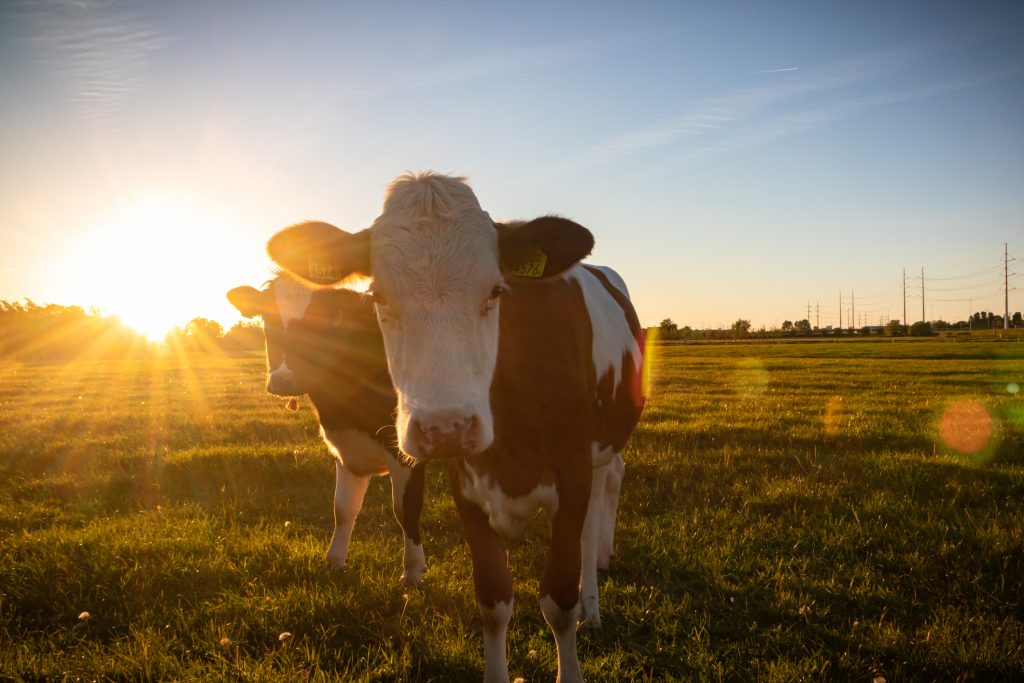How can the costs of industrial pasteurization be reduced using solar energy?

Apart from heat pumps and other techniques used for recovering energy from existing heat sources in a factory, the parabolic solar concentrator provides two advantages:
1. Reducing the consumption of fossil fuels for process heat generation
2. Lower cooling costs by reducing the heat input to the roof with the installation of solar collectors that absorb or reflect solar energy.
Pasteurization is very common and widespread in the industrial world and it requires a lot of heat. To reach the desired temperature between 62 and 95 degrees Celsius, the method most used involves the burning of fossil fuels such as natural gas or petroleum products.
Parabolic solar concentration collectors such as those developed by Rackam can easily complement needs and significantly reduce the energy bill. The S10 sensors that can be installed directly on the roof of buildings can provide temperature transfers of up to 220 degrees Celsius. Controlled by an electronic unit system, the oil circuit may also be coupled to a storage system for storing heat in the day and for restitution at night. The system is completely automated and requires no operator intervention, except for a simple cleaning one to four times per year. Solar systems thus enable the stabilization of energy costs, as the cost of this energy does not fluctuate with time which is the case with fossil fuels. Air conditioning costs will also be reduced considerably because solar heat from the roof will be directly absorbed by the sensors during the day, limiting the natural heating of the building caused by the sun by up to 47%.
Whether with the COPAG cooperative in Morocco, the Chagnon Dairy in Quebec or the Papes Safor project in Spain, Rackam has already demonstrated the quality of its products for industrial process heat production. Solar concentration makes it possible to significantly limit the costs of industrial pasteurization, in addition to providing companies using such facilities with an environmentally responsible image.
For more information:
Jacques-Alexandre Fortin, VP and Director of Marketing, Rackam:








